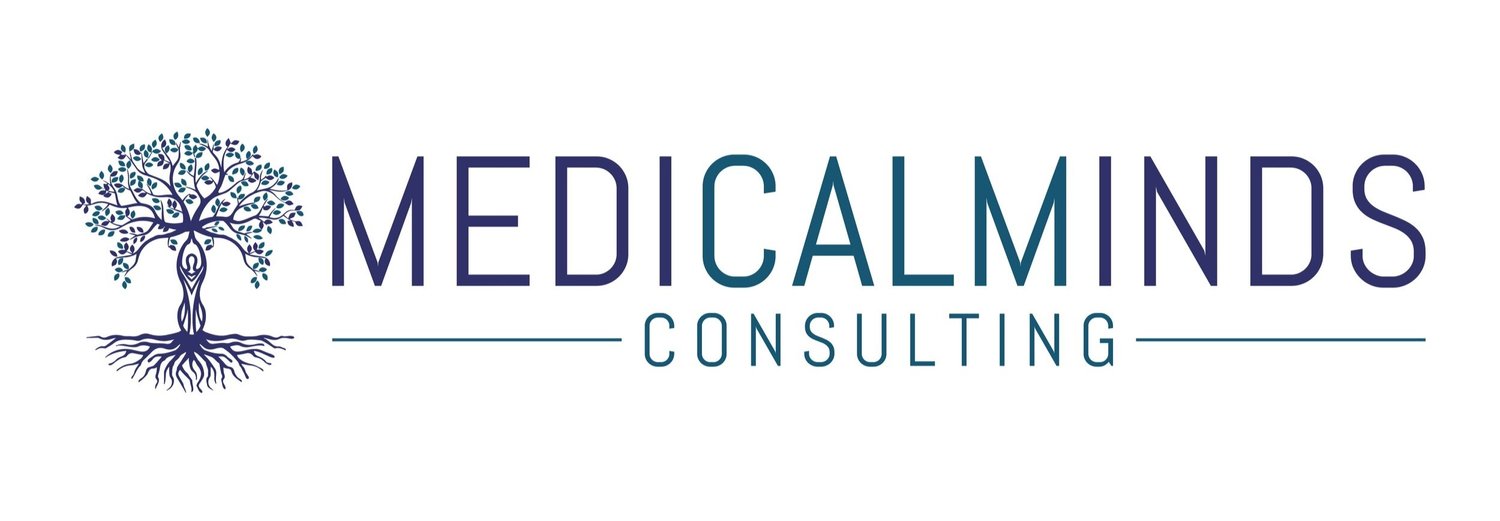What is Coaching Anyway?
When I initially got interested in coaching over 10 years ago, there wasn’t a lot of information about coaching physicians.
In fact, there wasn’t nearly as much information about coaching in general. Now it seems ubiquitous. Even in the medical space.
So what is coaching exactly? Well, the ICF (International Coaching Federation) which seeks to be the governing body for coaching (there really isn’t any) defines coaching as “partnering with clients in a thought-provoking and creative process that inspires clients to maximize their personal and professional potential.” Totally clear now, right? No.
Coaching, like many service industries, is built on the relationship between two or more people, one of whom is the coach and one who is the client.
The coach is the expert on asking questions to help the client define and then work toward a goal in some aspect of their life. The client is the expert on their life. Which means the goals, the desires, and the methods for achievement are theirs. The coach aids them to get clear on all aspects of this.
The coach also has something the client may lack. Perspective. They aren’t as close to the action, the desire, and often that means they can see possibilities that the client can’t. Sometimes it’s just the possibility of possibilities because when someone is stuck they often can’t even see that. But the coach can and is able to hold them for the client until they can see them too.
So this partnership works for the betterment of the client specifically, although the coach benefits from the relationship as well. And by benefit, I certainly don’t mean money. I mean benefiting from the connection and the creativity that arises from it. Because it’s a partnership, both have the opportunity to grow and evolve.
As a coach, we assist the clients to see beyond what they thought was possible for them. We help them see around or through the obstacles that block the path in both their personal and professional lives. We help them imagine the life they think they want, exploring why it’s important and also how to get there. Because purpose and passion are what’s needed to bring it about. And have the stamina to keep going.
It’s also important to clarify that coaching is not consulting, mentoring, or therapy, although there can be some areas of overlap between these roles.
A consultant is an expert in subject matter and processes. They are usually called in by an organization or company to evaluate and give recommendations or solutions. They may or may not have any role in the implementation. Most commonly, they provide an action plan and then leave, possibly coming back again to assess the implementation or result.
Sometimes a coach may step into a more consultative posture, offering solutions or suggestions to the client. This is generally done with specific permission and the client is totally free not to accept or act on this information. This should be done sparingly in a coaching relationship.
Mentoring is when one person serves as a role model for success. They have their personal expertise and wisdom. The mentor shares with their mentee what worked for them in similar situations. The mentor guides the client in particular directions. A coach may step into this role on occasion, and again with permission, but then step back into the coaching role.
The biggest area of confusion is often between coaching and therapy. There is significant overlap. Some therapists use coaching techniques, many therapists have become coaches, and some cognitive behavioral techniques are used in most coaching practices to address thoughts and beliefs that prevent the client from making the progress they hope to achieve.
It’s easy to say that therapy focuses on the past while coaching focuses on the present, but this is neither completely true nor particularly meaningful in distinguishing the differences.
Fundamentally, therapy is treatment for individuals with some type of mental dysfunction or disorder that has been preventing normal growth and personal evolution. Therapy focuses on deep-seated emotional issues and patterns in order to work on personal healing or trauma recovery. The goal of therapy is to get clients to a normal level of functioning.
The focus of coaching is on process improvement, learning, growth, and development. The coach partners with the client to develop and implement a plan. Coaching is for individuals who are well functioning, but not reaching their goals or experiencing their best life as defined by them.
In coaching, the client is the expert on their own life and knows the answers, although they may need help becoming aware of their own wisdom.
There are times when a person needs therapy before coaching. And other times when a client may work with both. When this occurs, it’s important that both professionals are aware of it. And it is vital for the coach to maintain good boundaries around their role and not stray into therapeutic areas.
Much like someone with a health condition needs to first see and work with a doctor, undergo treatment, and recover from it before starting to work with a personal trainer on a huge physical goal.
Coaches facilitate exploration and growth so the client can clarify and achieve their dreams. They also encourage, cheer on, and champion their clients along the way.
Click the button below for more information about coaching with me.
Looking for evidence supporting the benefits of coaching? Check out the answer on the Questions page.
























